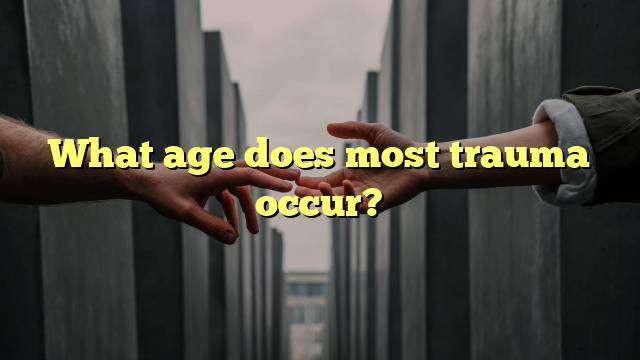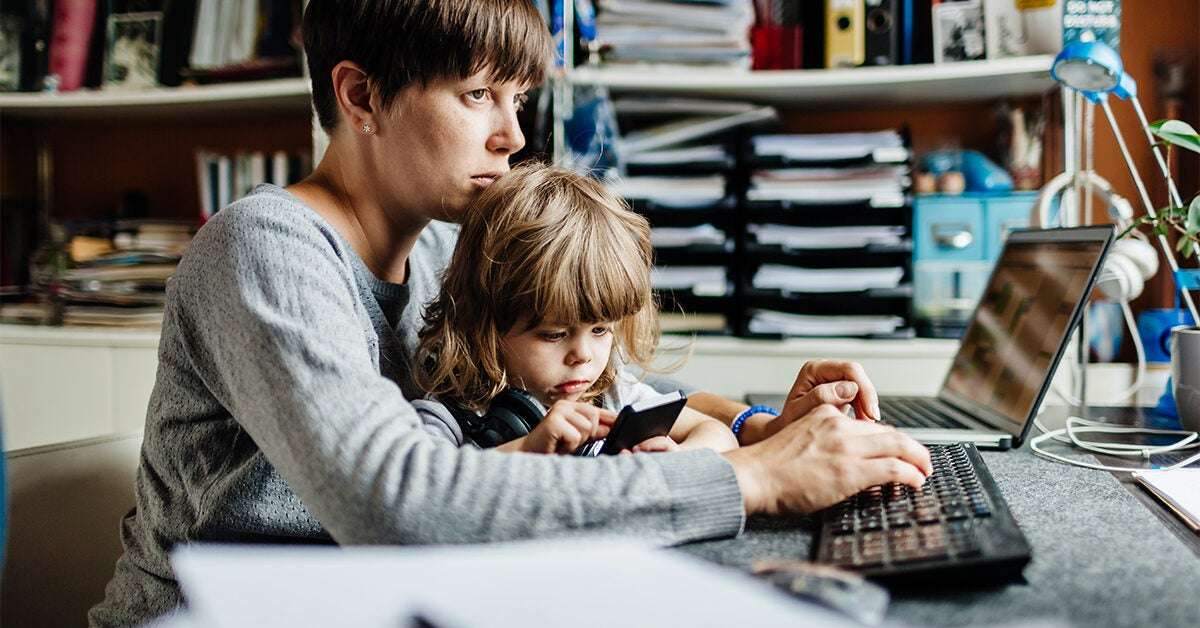Understanding the Impact of Trauma on Young Children
Young children are particularly vulnerable to the effects of trauma. Trauma can occur at any age, but the youngest children are at the greatest risk as their brains are in the earliest formative years. This article looks at the impact of trauma on young children and the consequences for those affected.
What is Trauma?
Trauma is defined as any event or experience that overwhelms a person’s capacity to cope. It can be a single event or a series of events that cause emotional distress and can have long-term effects. Traumatic experiences can include physical and sexual abuse, witnessing violence, natural disasters, accidents and other violence.
The Impact of Trauma on Young Children
Young children can experience trauma as early as infancy and research has demonstrated that the effects of trauma can be long-lasting. The impact of trauma on young children can include:
- Behavioral Changes: Young children who have experienced trauma may exhibit changes in their behavior, such as becoming more aggressive, withdrawn, or anxious. They may also experience difficulty sleeping, difficulty concentrating, and difficulty forming relationships.
- Cognitive Impairments: Trauma can interfere with a young child’s ability to think, learn, and remember. It can lead to difficulties in school and problems with executive functioning such as problem solving, planning, and reasoning.
- Emotional Problems: Young children who have experienced trauma may have difficulty regulating their emotions and may experience depression, anxiety, or post-traumatic stress disorder.
- Physical Health: Trauma can have physical effects on young children, including headaches, stomachaches, and other physical ailments.
Treating Trauma in Young Children
The treatment of trauma in young children can be a challenging process. The most important step is to create a safe and supportive environment for the child. This can involve providing emotional support, providing access to therapy, and helping the child to develop healthy coping skills.
Therapy
Therapy is one of the most important components of treating trauma in young children. The type of therapy used will depend on the child’s age, the type of trauma they have experienced, and the severity of the trauma. Some common therapies used with young children include cognitive behavioral therapy, play therapy, and trauma-focused cognitive behavioral therapy.
Support and Understanding
Providing emotional support and understanding to a child who has experienced trauma is essential to their healing and recovery. This can involve listening to their concerns and validating their feelings. It can also involve helping them to understand their trauma and providing them with the tools to cope with their emotions.
Building Resilience
Building resilience is another important component of treating trauma in young children. This involves helping them to develop the skills and tools needed to cope with difficult situations. This can include teaching them problem-solving skills, teaching them how to self-regulate their emotions, and helping them to develop healthy relationships.
Conclusion
Trauma can have a significant impact on young children, but it is possible to treat and manage the effects of trauma. Providing emotional support and understanding, as well as access to therapy and building resilience, can help young children to heal and recover from trauma. It is important to be mindful of the age and stage of development of the child and to provide the appropriate treatment and support.



